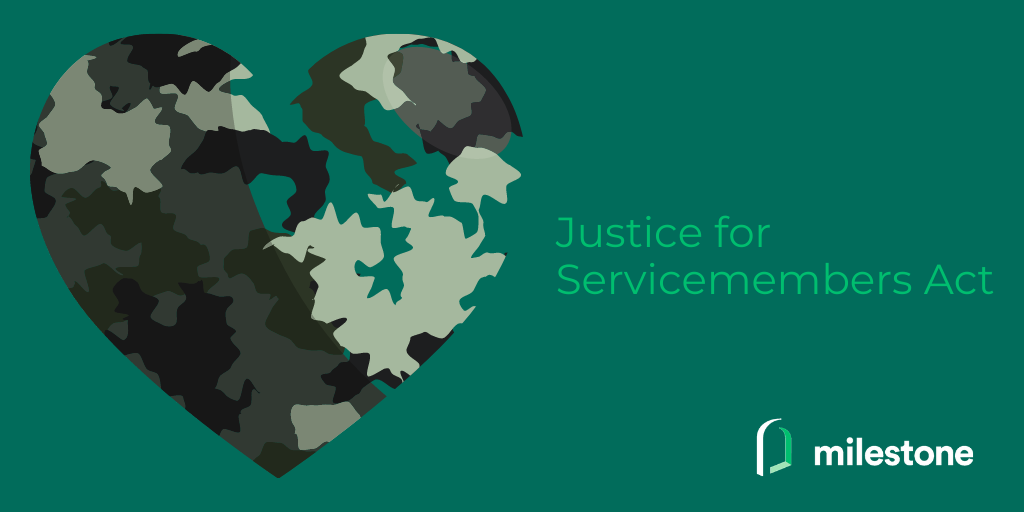As both a former Army captain and a settlement planner, I have seen the struggles that military personnel face. On top of deployment, moving their families from state to state (or even country to country), and the general inherent dangers of combat, active-duty members deal with a variety of obstacles. That’s why there are laws uniquely intended to protect them, like the Servicemembers Civil Relief Act (SCRA). The SCRA eases financial burdens with rental agreements, security deposits, evictions, credit card interest rates, mortgage foreclosures, life insurance, etc. during periods of military service.
You would think that an iron-clad law like the SCRA would be enough. But deceitful lending companies have found a way to “work around” some of the protections under the SCRA by tucking arbitration language into contract agreements on the sly. Arbitration clauses state that a person does not have the right to bring a claim against a company outside of a private arbitration system. In other words, signing means waiving the right to sue in public court. So, without realizing it, many military families sign agreements with clauses that take away their rights under the SCRA, and then when something bad happens and they want to sue, they can’t.
What is arbitration?
How could this practice have even started in the first place? Arbitration was initially intended to provide an efficient method of ending disagreements out of court by having an unbiased arbitrator listen to both sides. But really, arbitration is rarely the fair process that it was originally meant to be. Why? For one, the company gets to determine who the arbitrator will be, what the rules of arbitration are, where the hearing will be, and how the arbitrator will be paid. There is also no requirement for an arbitrator to be trained, and there are no grounds for public review of an arbitration decision. In addition, arbitration can be a costly process for consumers, who typically pay a large fee to initiate the process. Then, if they get an in-person hearing, they may have to travel on their own dime. When the case concludes, the loser (usually the consumer) must often pay the company’s legal fees. It’s a pretty one-sided system that is often imposed as a way for businesses to avoid getting sued. Arbitration language is rampant in the consumer world, often showing up in credit card agreements, vehicle leases, cell phone plan agreements, and elsewhere. It’s why the American Association for Justice has been spearheading the Forced Arbitration Injustice Repeal (FAIR) Act; if passed, this bill would give people back their rights to seek justice and accountability when they are hurt by a corporation.
One bill is trying to block contracts from being allowed to include sneaky clauses that take away servicemembers’ SCRA rights. The Justice for Servicemembers Act, introduced in the House of Representatives in 2019, would prohibit agreement language that would force arbitration of certain disputes arising from claims of servicemembers and veterans. In general, no arbitration agreement or would be valid or enforceable with respect to a dispute arising under Chapter 43 of Title 38 (which covers employment and reemployment rights of members of the Armed Forces) or the Servicemembers Civil Relief Act. This legislation is very much needed to protect members of the military from unfair arbitration clauses. Please consider calling your senator to ask them to cosponsor the Justice for Servicemembers Act.


